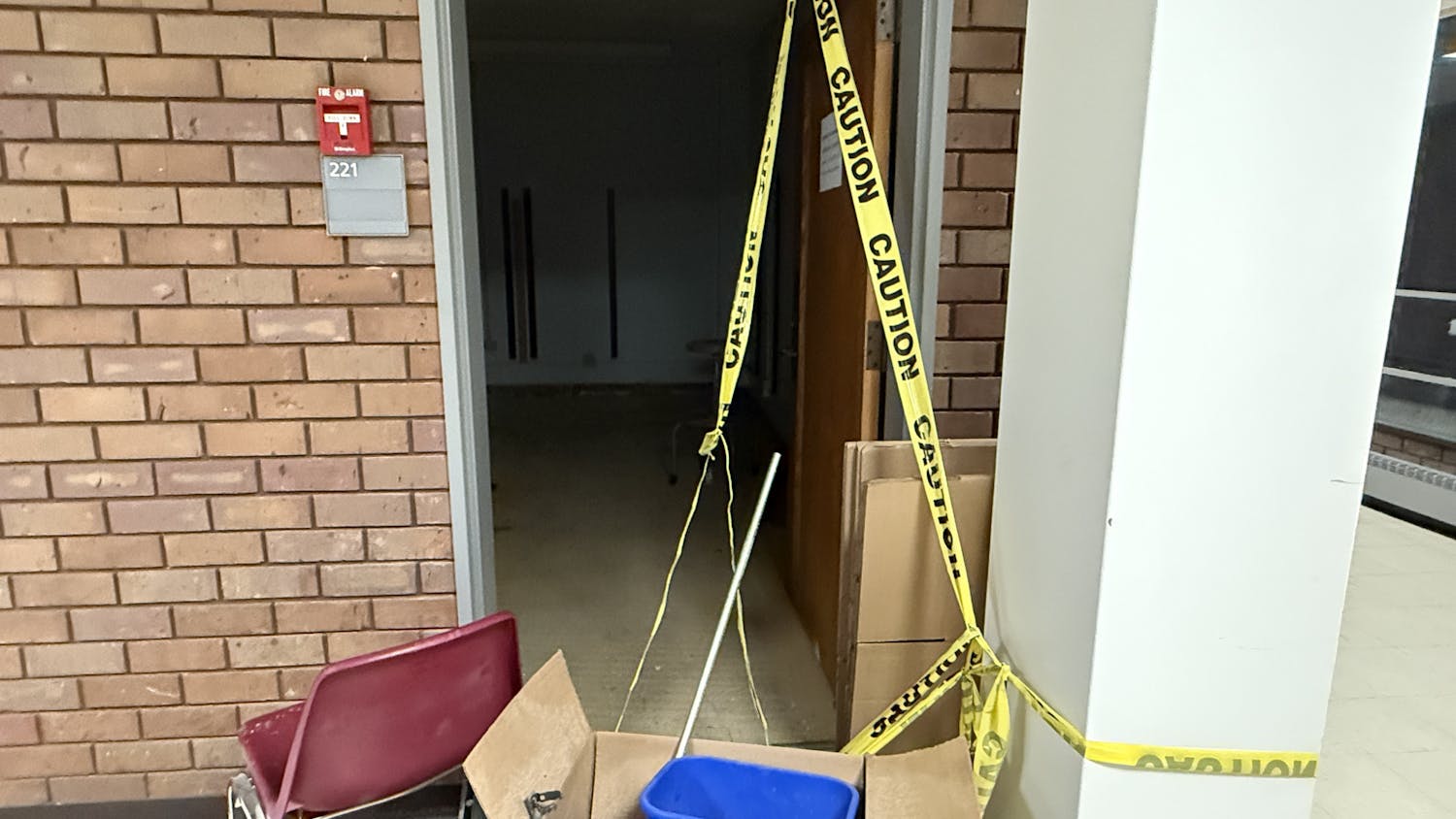Two departments at UB submitted winning proposals in the first inaugural Small Grant Sustainability Competition, bringing a combined $10,144 in winnings back to UB.
The competition was set up by the SUNY Office of Sustainability as part of its goal of a statewide use of clean energy. Competitors included Geneseo, Oswego and Stony Brook University.
The competition results were announced on Feb. 7. It was designed to increase the number of faculty and students working together to promote sustainability and reduce on-campus usage of energy, according to the SUNY website. UB's winning proposals were about university traffic control and houses run by solar energy.
One of the proposals, "Monitoring Event Traffic to Increase Efficiency," was developed by Qing He, an assistant professor of civil, structural and environmental engineering and his students Nan Ding and Ming Mi, both second-year graduate engineering students. This project was designed to improve traffic flow during UB's large special events, like football games and concerts.
They were awarded $4,069, which will go toward the University Police in assisting with this project, as well as toward the further research and development that will continue in fall 2013.
With the help of UPD, He and his students developed a traffic simulation program, which measured the data collected from different UB events that monitor how the police regulate the flow of cars in the streets, as well as in and out of parking lots. The data collected is put in the program, which simulates how the police make decisions directing traffic and pedestrians.
He said that the most difficult part in developing the project was determining how to model human decision-making.
"Nobody has done this before, especially modeling police decision making," He said. "We have a very limited number of police, so we need to recruit more police to join this project and to have the ideas - have the experience and to model the experience - how to control the traffic at intersections."
The team began working in August and continued through the fall semester, sending their findings in for the competition on Oct. 31.
Martha Bohm, an assistant professor of architecture, headed UB's second winning project, "Solar Decathlon." She worked with 18 of her students in her Set-Zero Buffalo class to design small, solar-powered houses for the Department of Energy's 2015 Solar Decathlon.
Bohm and her students won $6,075, which will provide funding for further research needed for the Solar Decathlon competition.
The created houses must be completely powered by solar energy, with no battery backup or alternate power source. Students are prohibited from building a house above a certain height, which can conflict with the use of solar energy of nearby houses.
The house must also be able to produce as much energy as it can consume, which results in judges giving the house a higher score in competitions.
Matt Geiger, a senior architecture major who was involved in the project, said different departments like marketing, communication and engineering are involved in designing the house because judges test the houses' appliances and comfort levels.
Bohm said this project is important for solving Buffalo's electricity and housing issues. Buffalo is one of the top 10 most expensive cities in America, in terms of heating costs per year because of the area's cold climate and most of the housing in Buffalo is old and insufficient according to Bohm.
"We have a mismatch between the requirements of energy based on where we are, the cost of energy based on where we are, and the amount of people have where we are," Bohm said. "It's a really appropriate place to make houses that use far less energy and to find ways that you can make affordable houses, which are also affordable to run."
The team is experimenting with new ways to help people save money on energy cost, according to Steve Parks, a first-year architecture graduate student who worked on the project with Bohm.
"[The houses] can get really expensive," Parks said. "It's really hard to create a solar panel house that is inexpensive, but if you do build it, the return is great."
Bohm, with the School of Architecture and Planning, is looking into several locations in Buffalo to develop houses that use efficient energy, like places near the waterfront, and in growing areas, like the UB Medical campus.
Bohm and her students will continue their research throughout the spring and coming semester.
Email: news@ubspectrum.com




